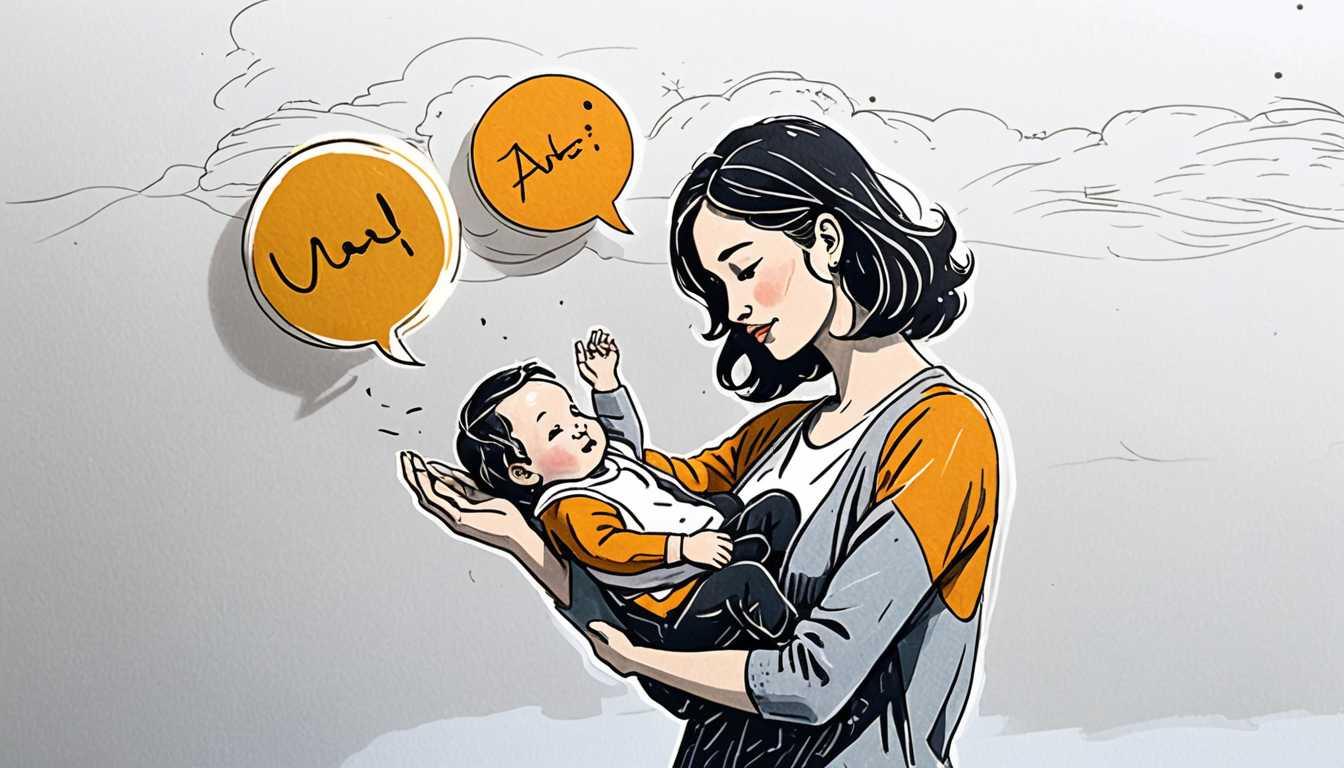Gen Z: Safety First, Kindness Follows!
November 2024
UCLA Health + Behavior
Introduction
Hey there, future scholars! Did you know that safety tops the list of goals for Generation Z? According to a UCLA study, young people aged 10-24 prioritize feeling safe above all, likely due to the many challenges they face today. But wait, there's more! Being kind and self-acceptance are also super important. Dive into this eye-opening piece from UCLA Health + Behavior and discover how today’s youth are balancing fun, fitness, and empathy in a world full of uncertainties. It’s a read you won’t want to miss!
READ FULL ARTICLEWhy It Matters
Discover how this topic shapes your world and future
Navigating the Priorities of Generation Z
Understanding what matters to Generation Z is essential not only for the youth themselves but for everyone around them. The recent findings reveal that safety tops the list of goals for this generation, influenced by various global crises like school shootings and the pandemic. This focus on safety reflects a deep desire for stability in a world that feels unpredictable. Meanwhile, the commitment to kindness and self-acceptance shows that despite the pressure of social media, young people are prioritizing empathy and their mental well-being. These findings are significant because they challenge stereotypes about Gen Z, highlighting their depth and complexity. By exploring these goals, you can better understand your own values and how they relate to the world around you.
Speak like a Scholar
Generation Z
The demographic group born roughly between 1997 and 2012, known for being digital natives and experiencing significant global events during their formative years.
Empathy
The ability to understand and share the feelings of another person, which helps build strong, supportive relationships.
Self-acceptance
A positive regard for oneself, acknowledging strengths and weaknesses without harsh judgment, essential for mental well-being.
Resilience
The capacity to recover quickly from difficulties, it’s about bouncing back and adapting in the face of challenges.
Compounded crises
Situations where multiple problems occur simultaneously, intensifying the overall impact, such as the combination of social, economic, and health issues faced by today's youth.
Stereotypes
Oversimplified and generalized beliefs about a group of people, which can lead to misconceptions and bias.
Independent Research Ideas
The Impact of Social Media on Self-Perception
Investigate how platforms like Instagram and TikTok influence young people's views of themselves, focusing on both positive and negative effects.
Resilience Among Youth in Crisis
Explore how different communities respond to crises and how these responses shape the resilience of young people in those areas.
Empathy in the Digital Age
Examine how online interactions foster or hinder empathy among peers, especially in the context of cyberbullying and supportive online communities.
The Role of Physical Health in Mental Well-Being
Research the connections between physical fitness trends (like FitTok) and mental health outcomes for teenagers, considering how exercise impacts mood and self-esteem.
Cultural Perspectives on Safety
Analyze how different cultural backgrounds influence young people's definitions of safety and well-being, focusing on variations across race and gender.
Related Articles

Rethinking Happiness: Less Worry, More Joy
August 2024
The Berkeley Blog

The Power of Partner Texts!
February 2025
Cornell News Highlights

“Babbling Brilliance: How Babies Shape Speech”
February 2025
Cornell News Highlights

Tech, Teens, and Mental Health: The Connection
May 2024
King's College London - News

Chat Your Way to Connection!
May 2024
Cornell News Highlights